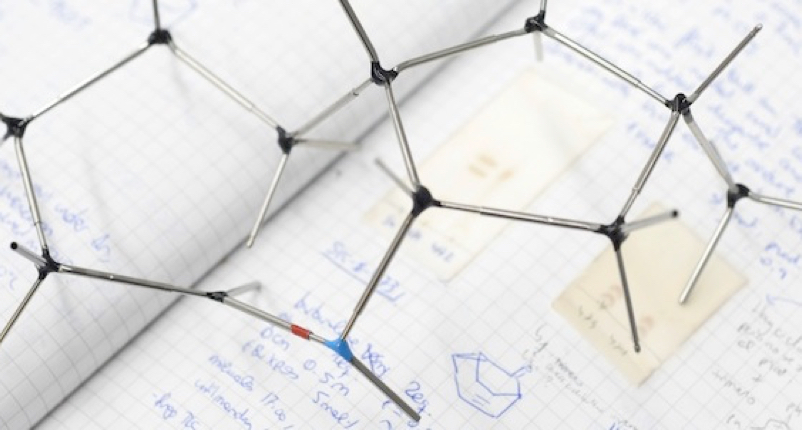Sustainable oxygen evolution electrocatalysis in aqueous 1 M H2SO4 with earth abundant nanostructured Co3O4
Earth-abundant electrocatalysts for the oxygen evolution reaction (OER) able to work in acidic working conditions are elusive. While many first-row transi- tion metal oxides are competitive in alkaline media, most of them just dissolve or become inactive at high proton concentrations where hydrogen evolution is preferred. Only noble-metal catalysts, such as IrO2, are fast and stable enough in acidic media. Herein, we report the excellent activity and long-term stability of Co3O4-based anodes in 1 M H2SO4 (pH 0.1) when processed in a partially hydrophobic carbon-based protecting matrix. These Co3O4@C composites reliably drive O2 evolution a 10 mA cm–2 current density for >40 h without appearance of performance fatigue, successfully passing benchmarking pro- tocols without incorporating noble metals. Our strategy opens an alternative venue towards fast, energy efficient acid-media water oxidation electrodes.

Yu, J.; Garcés-Pineda, F. A.; González-Cobos, J.; Peña-Díaz, M.; Rogero, C.; Giménez, S.; Spadaro, M. C.; Arbiol, J.; Barja, S.; Galán-Mascarós, J. R.
Nat. Commun. 2022, (13), 4341
DOI:
https://doi.org/10.1038/s41467-022-32024-6

Let's create a brighter future
Join our team to work with renowned researchers, tackle groundbreaking
projects and contribute to meaningful scientific advancements




















